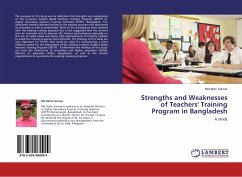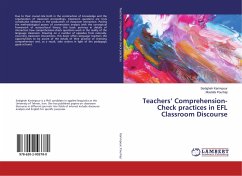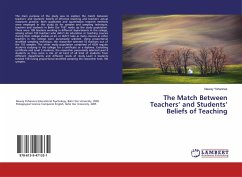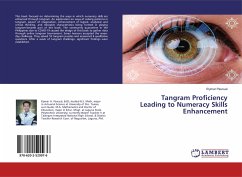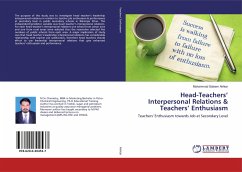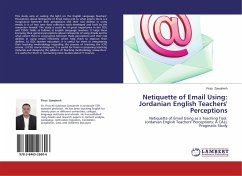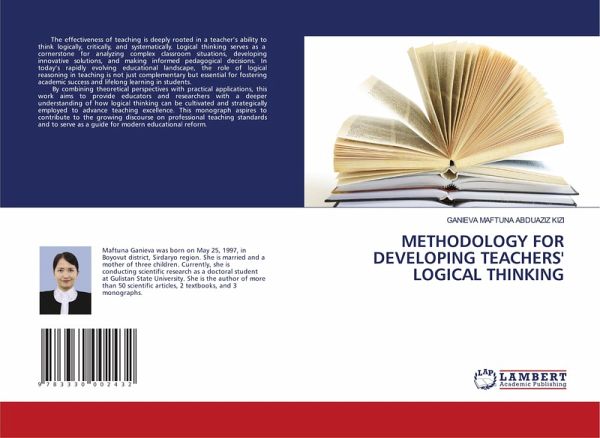
METHODOLOGY FOR DEVELOPING TEACHERS' LOGICAL THINKING
Versandkostenfrei!
Versandfertig in 6-10 Tagen
29,99 €
inkl. MwSt.

PAYBACK Punkte
15 °P sammeln!
The effectiveness of teaching is deeply rooted in a teacher's ability to think logically, critically, and systematically. Logical thinking serves as a cornerstone for analyzing complex classroom situations, developing innovative solutions, and making informed pedagogical decisions. In today's rapidly evolving educational landscape, the role of logical reasoning in teaching is not just complementary but essential for fostering academic success and lifelong learning in students. By combining theoretical perspectives with practical applications, this work aims to provide educators and researchers...
The effectiveness of teaching is deeply rooted in a teacher's ability to think logically, critically, and systematically. Logical thinking serves as a cornerstone for analyzing complex classroom situations, developing innovative solutions, and making informed pedagogical decisions. In today's rapidly evolving educational landscape, the role of logical reasoning in teaching is not just complementary but essential for fostering academic success and lifelong learning in students. By combining theoretical perspectives with practical applications, this work aims to provide educators and researchers with a deeper understanding of how logical thinking can be cultivated and strategically employed to advance teaching excellence. This monograph aspires to contribute to the growing discourse on professional teaching standards and to serve as a guide for modern educational reform.






